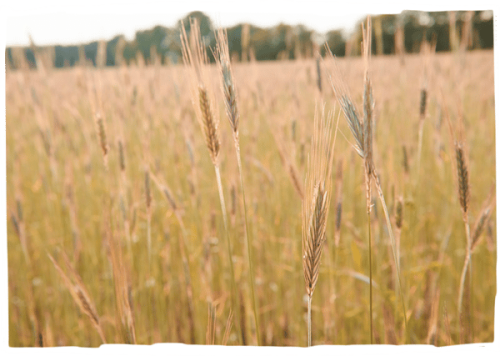
Environmental responsibility
We at Rosengarten think and act sustainably
According to the principle "Act responsibly - today for tomorrow!" Rosengarten organises its business activities in the long term according to the sustainability standards. First of all, sustainability means being able to justify today's actions for tomorrow. We take ecology, social and economic aspects into account.
Our planning, decisions and activities are governed by sustainability aspects. However, we can only achieve this objective, if all our employees, suppliers and customers are involved and share our philosophy. Together, we are striving for a sustainable ongoing development.



What does organic farming mean?
By offering our products, we support organic farming in Germany and on planet Earth in general.
Organic farms operate according to the concept of closed agricultural cycles. Healthy soil life, for example, which is enhanced by the use of manure, and the build-up of soil fertility in the form of humus, reduce soil erosion and the loss of nutrients and water. In addition, inputs such as manure and fodder should, in principle, be farm-specific or come from the neighbouring farm.
Organic farmers try to bring mankind and nature into harmony. They do this by using methods that are both productive and minimise the impact on the environment. This includes, for example, mechanical weed control instead of the use of herbicides.
- "Organic production methods contribute to great biodiversity and the conservation of species and natural habitats."
- "Organic production methods use energy and natural resources in a responsible way."
- "Organic production pays attention to local and regional balance and enhances the use of on-farm resources."
- "Organic production methods strengthen soil life, natural soil fertility and water quality."
- "The growth of organic agriculture creates more job opportunities and prosperity for rural economies and contributes to the preservation and improvement of rural areas."